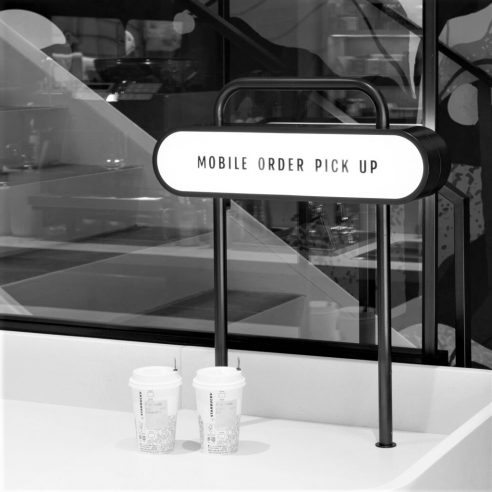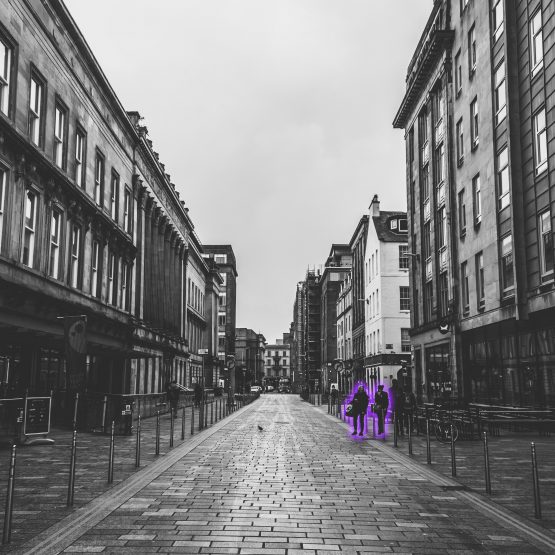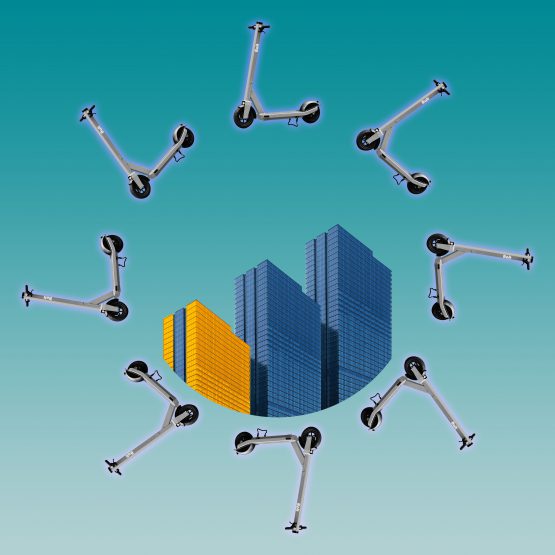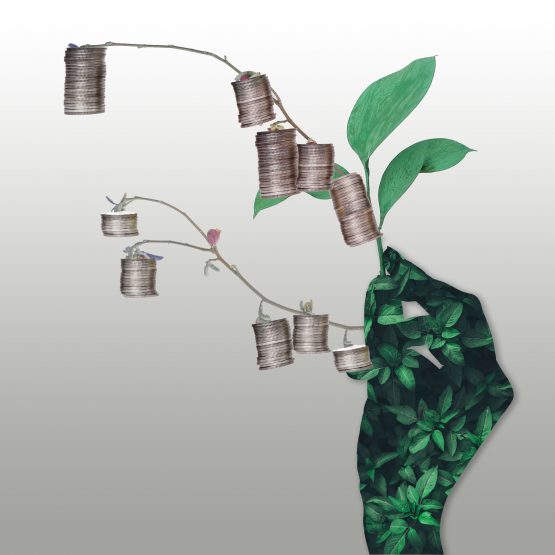Case
STARBUCKS
Starbucks’ new store in Tokyo collaborated with the Think Lab and features several preservable workspaces. The smart lounges or individual booths can be booked for 40 min and aim at meeting the neighborhood needs beyond the serving of coffee. By going where people already are Think Lab good benefits from the ecosystem and foot traffic that Starbucks had already build.
Interested in more inspiring cases?
Check out our published editions to dive deeper into the spheres of Reframing Retail.





